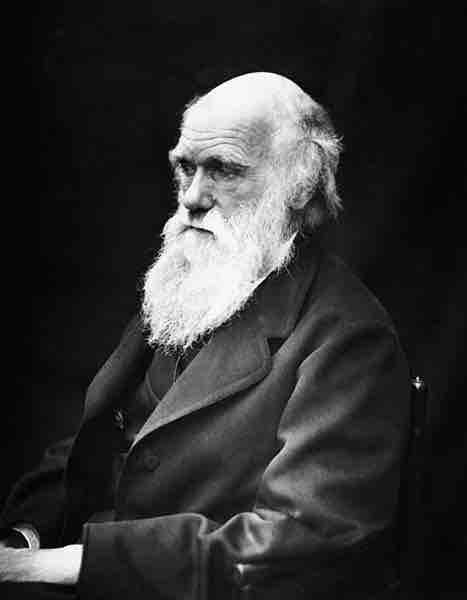Evolutionary psychology is an approach in the social and natural sciences that examines psychological traits such as memory, perception, and language from a modern evolutionary perspective. It seeks to identify which human psychological traits are evolved adaptations—that is, the functional products of natural selection. For instance, evolutionary biology researches the human body (such as the heart, lungs, or immune system) and how it adapts over time. Evolutionary psychology applies this same thinking to psychology, arguing that much of human behavior is the result of psychological adaptations that evolved to solve recurrent problems in human ancestral environments.
Proponents of evolutionary psychology suggest that it seeks to bridge the division between the human social sciences (such as psychology and sociology) and the natural sciences (such as biology, chemistry, and physics). They argue that the psychology of human beings should be understood as a branch of biology, since humans are living organisms. Just as evolutionary physiology has worked to identify physical adaptations of the body that represent "human physiological nature," evolutionary psychology works to identify evolved emotional and cognitive adaptations that represent "human psychological nature." Evolutionary psychology has been applied to the study of many fields, including economics, aggression, law, psychiatry, politics, literature, and sex.
History of the Evolutionary Perspective
Evolutionary psychology stems from Charles Darwin's theories of evolution, adaptation, and natural selection. Evolutionary biology emerged as an academic discipline in the 1930s and 1940s, along with the study of animal behavior (ethology), both of which heavily influence the development of evolutionary psychology. The field also draws on cognitive psychology, behavioral ecology, artificial intelligence, genetics, anthropology, archaeology, biology, and zoology. Though the term "evolutionary psychology" was most likely coined by American biologist Michael Ghiselin in 1973, it wasn't until 1992 that the term was popularized by Jerome Barkow, Leda Cosmides, and John Tooby in their highly influential book The Adapted Mind: Evolutionary Psychology and The Generation of Culture.

Charles Darwin
Charles Darwin's theory of natural selection has been highly influential in the field of evolutionary psychology.
Core Premises
Evolutionary psychology is founded on several core premises:
- The brain produces behavior in response to external and internal inputs.
- The brain's adaptive mechanisms have been shaped over time by natural and sexual selection.
- Different neural mechanisms in the brain were developed to solve problems in humanity's evolutionary past; in many regards, humans can be considered to have Stone Age minds.
- Most processes of the brain are unconscious; most mental problems that seem easy to solve are actually extremely difficult problems that are solved unconsciously through complicated actions within the brain.
- Human psychology consists of many specialized mechanisms, each sensitive to different information or inputs. These mechanisms combine to produce observable behavior.
Evolutionary psychologists hypothesize, for example, that humans have inherited special mental capacities for learning language, making this process nearly automatic. Other adaptations might include the abilities to infer others' emotions, to discern kin from non-kin, to identify and prefer healthier mates, to cooperate with others, and so on. Consistent with the theory of natural selection, evolutionary psychology sees organisms as often in conflict with others of their species, including mates and relatives. For example, mother mammals and their young offspring sometimes struggle over weaning, which benefits the mother more than the child.